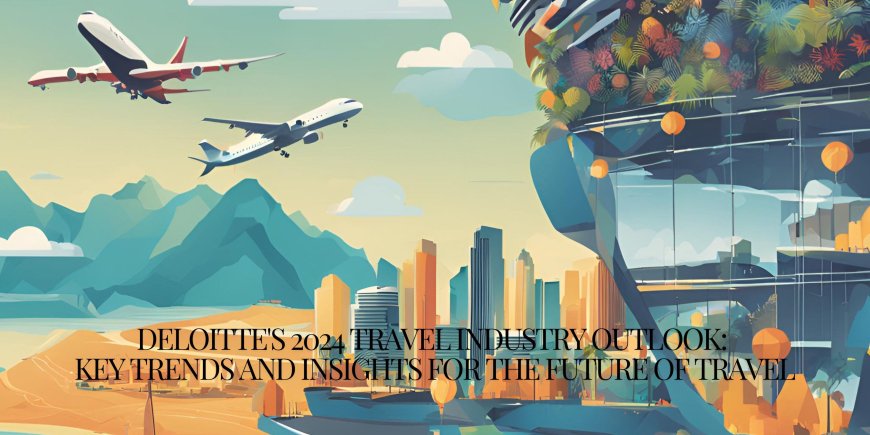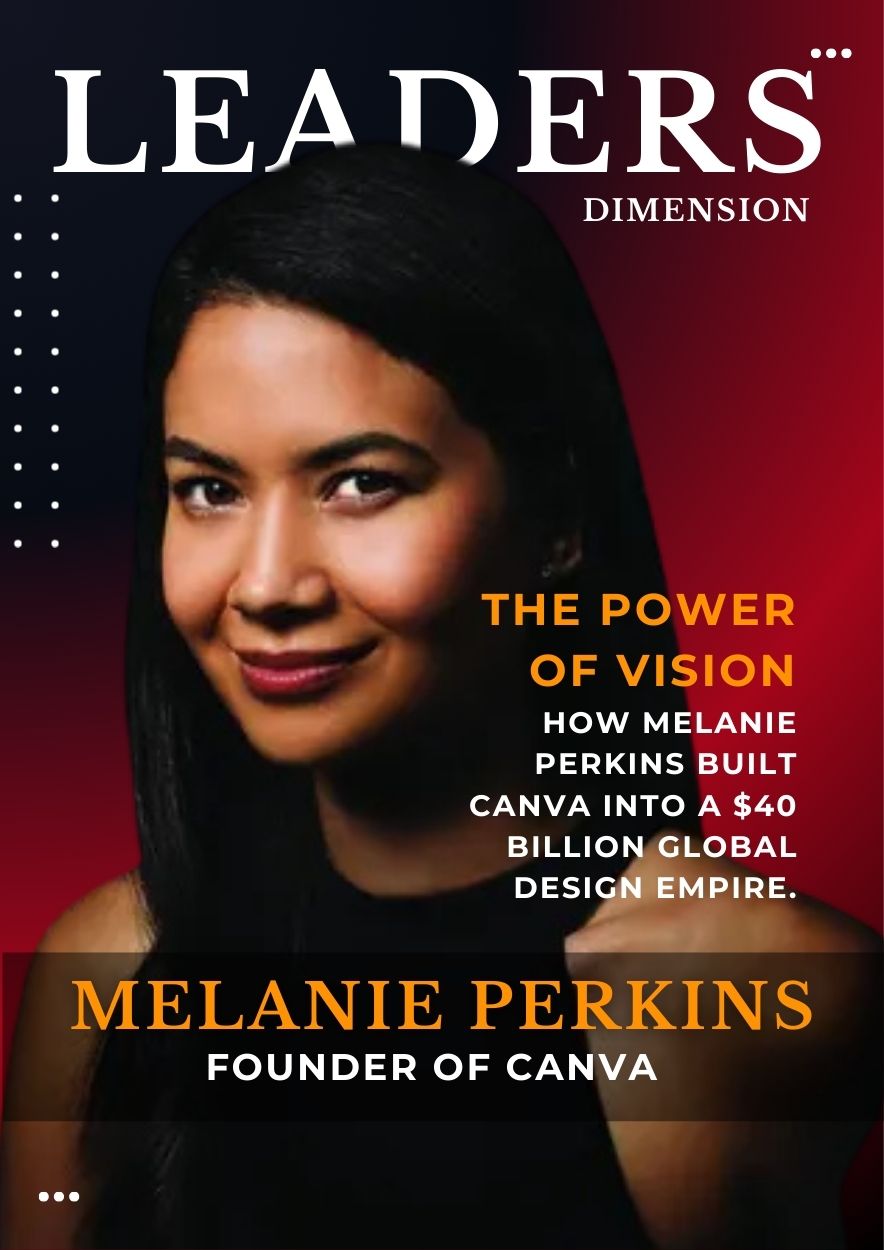Deloitte's 2024 Travel Industry Outlook: Key Trends and Insights for the Future of Travel
Deloitte's 2024 Travel Industry Outlook reveals key trends shaping the travel sector, focusing on robust demand, high-end experiences, and the impact of generative AI on customer service and marketing strategies.

Deloitte's latest report on the travel industry for 2024 offers an in-depth look at the evolving landscape of travel and tourism. Despite facing various economic uncertainties, the travel sector continues to demonstrate resilience and robust demand. The report, titled "Deloitte's 2024 Travel Industry Outlook," highlights several key trends that are set to shape the industry in the coming year. These include a focus on high-end travel experiences, the increasing influence of generative AI, and the ongoing adaptation to post-pandemic travel behaviors. This comprehensive analysis provides valuable insights for industry stakeholders and travelers alike.
Robust Demand Amid Economic Uncertainties
One of the central themes of Deloitte's 2024 outlook is the persistent strength of travel demand. Even in the face of financial anxieties and potential economic downturns, the travel industry has shown remarkable resilience. According to the report, leisure travel has consistently occupied a significant share of consumer spending, indicating a strong desire among individuals to explore and experience new destinations.
The report suggests that while economic challenges may influence travel behaviors to some extent, the overall demand for travel remains robust. Higher-income groups, in particular, are expected to continue spending on travel, especially on high-end experiences. This trend underscores the importance of catering to affluent travelers who prioritize quality and unique experiences over budget considerations.
The Rise of High-End Travel Experiences
Deloitte's report highlights a growing trend towards high-end travel experiences. As travelers seek to make the most of their journeys, there is an increasing demand for luxury accommodations, exclusive tours, and personalized services. This shift towards premium travel offerings is driven by several factors, including the return of baby boomers to the travel market and a desire for more meaningful and memorable experiences.
High-end travel providers are expected to benefit significantly from this trend. Hotels, resorts, and tour operators that offer unique and high-quality experiences are likely to see increased demand. Additionally, there is a notable interest in diverse and off-the-beaten-path destinations, as travelers look to explore new and less crowded locations.
The Impact of Generative AI on the Travel Industry
Generative AI is poised to play a transformative role in the travel industry. Deloitte's report emphasizes the growing influence of this technology in various aspects of travel, from customer service to marketing strategies. Generative AI has already demonstrated its potential to enhance call center efficiencies, providing faster and more accurate responses to customer inquiries.
In the coming year, generative AI is expected to make even greater strides. The technology is set to revolutionize the way travel providers interact with customers, offering personalized recommendations, optimizing marketing content, and improving overall customer experience. For instance, AI-powered chatbots can assist travelers in planning their trips, booking accommodations, and providing real-time updates on travel conditions.
Moreover, generative AI can help travel companies analyze vast amounts of data to gain insights into consumer preferences and behaviors. This data-driven approach enables more targeted marketing campaigns and the development of tailored travel products that meet the specific needs of different customer segments.
Adapting to Post-Pandemic Travel Behaviors
The COVID-19 pandemic has left a lasting impact on travel behaviors, and Deloitte's report delves into how these changes are shaping the industry. One of the most significant shifts is the increased flexibility in work arrangements, with remote and hybrid work becoming more prevalent. This flexibility has given rise to the concept of "workcations," where travelers combine work and leisure during their trips.
The report notes that a substantial share of travelers now plan to work while on their longest leisure trips. This trend has implications for travel providers, as it affects travelers' in-destination needs and preferences. For example, there is a growing demand for accommodations with reliable internet connectivity and work-friendly spaces.
Additionally, the pandemic has heightened travelers' awareness of health and safety considerations. As a result, travel providers must continue to prioritize and communicate their health protocols to reassure customers. Enhanced cleaning procedures, contactless services, and health screenings are some of the measures that have become standard practice in the industry.
Marketing Strategies for a Changing Landscape
As travel demand returns and shows resilience, travel providers are adjusting their marketing strategies to align with changing consumer behaviors and preferences. Deloitte's report highlights the need for more targeted marketing efforts, especially as the growth of travel begins to slow compared to the initial post-pandemic surge.
Travel companies are investing in digital marketing channels and leveraging social media to reach a broader audience. Influencer partnerships and user-generated content are becoming increasingly important in building brand awareness and engaging with potential travelers. Additionally, travel providers are focusing on storytelling and highlighting unique experiences to attract customers.
Sustainable and Responsible Travel
Sustainability continues to be a key consideration for travelers and travel providers alike. Deloitte's report underscores the importance of sustainable practices in the travel industry, as more consumers seek eco-friendly and socially responsible travel options. This trend is driven by a growing awareness of environmental issues and a desire to minimize the impact of travel on the planet.
Travel companies are adopting various sustainability initiatives, such as reducing carbon emissions, supporting local communities, and promoting eco-friendly accommodations. These efforts not only appeal to environmentally conscious travelers but also contribute to the long-term viability of the travel industry.
Conclusion
Deloitte's 2024 Travel Industry Outlook provides a comprehensive overview of the trends and factors shaping the future of travel. Despite economic uncertainties, the demand for travel remains strong, with a particular emphasis on high-end experiences. Generative AI is set to revolutionize customer service and marketing strategies, offering new opportunities for travel providers to enhance their offerings.
As the industry continues to adapt to post-pandemic behaviors, flexibility in work arrangements and a focus on health and safety will be crucial. Travel companies must also refine their marketing strategies to connect with changing consumer preferences and prioritize sustainability to meet the growing demand for responsible travel options.
By understanding and leveraging these trends, travel industry stakeholders can navigate the evolving landscape and continue to provide exceptional experiences for travelers in 2024 and beyond.
Sources:
- Deloitte's 2024 Travel Industry Outlook
- TravelPulse - Latest Travel & Tourism News
- TravelDailyNews International - Deloitte's 2024 Travel Industry Outlook
- Euromonitor - Top Trends for Travel in 2024

 LD Web Desk
LD Web Desk 